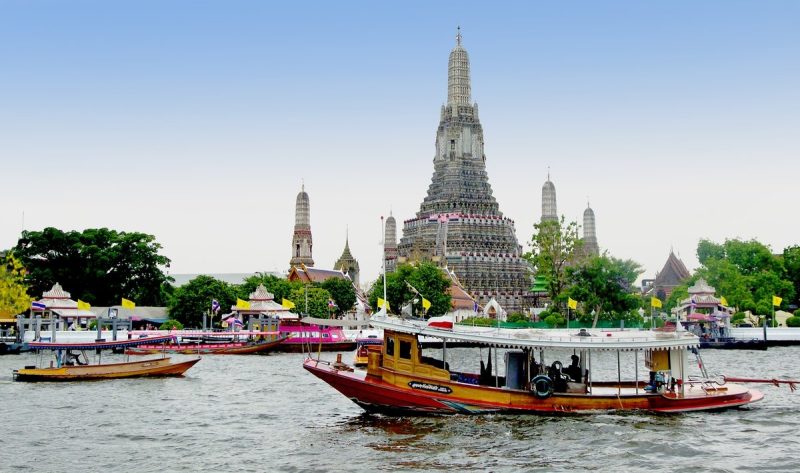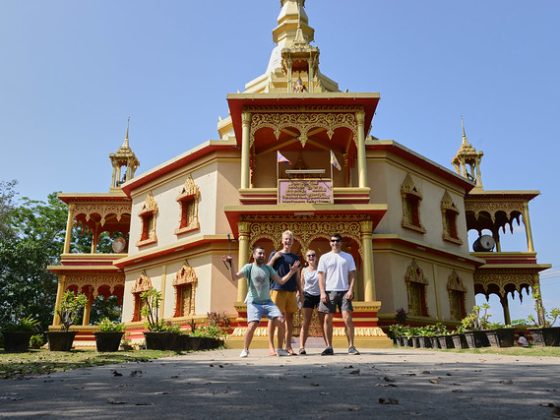Thailand’s bustling capital is a colourful collection of golden temples, bustling markets and vibrant neighbourhoods, with something to see around every corner. However, for the eco-conscious traveller, exploring this city sustainably requires mindful planning. Experience the charm of the “Big Mango” while minimising your environmental footprint, with a guide for the best sustainable experience in Bangkok.
Getting to Bangkok, the Eco-friendly Way
Opt for direct flights to minimise carbon emissions, and consider airlines with carbon offset programmes and flights to further reduce your impact. Additionally, utilise digital platforms for boarding passes, e-tickets, and travel documents, to cut back on paper waste.
Eco-Conscious Stays
When selecting accommodation, research hotels in advance, and double-check if the property upholds eco-credentials like water conservation practices, energy-efficient appliances, and locally sourced amenities. Whether you are looking to stay at a budget hostel or a top Bangkok deluxe room, choosing hotels located near major attractions or sites on your itinerary also minimises reliance on taxis and tuk-tuks, reducing your holiday carbon footprint.
For a property near the iconic Khaosan Road and Bangkok’s historical neighbourhood, Tinidee Trendy Khaosan Bangkok follows sustainability guidelines including waste management and energy conservation, paired with a convenient location.
Navigating Responsibly

Rather than opting for an individual cab ride, embrace Bangkok’s extensive public transport network – the BTS Skytrain and MRT subway offer a convenient, affordable and eco-friendly way to explore the town, with direct stops at almost any attraction. Choosing walkable neighbourhoods also allows you to explore local markets and hidden gems on foot, reducing costs and enriching the cultural experience.
Savouring Sustainability
Pre-urbanisation, most countries in Asia lived by traditions rooted in sustainability. Today, many Thai street vendors still use banana leaves or recycled paper for food packaging – opt for these options to reduce plastic waste while supporting local businesses.
Additionally, the landscape of Thai cuisine is not limited to meats and seafood – explore a vibrant world of vegan and tofu-based dishes, a delicious way to lessen culinary-based, harmful environmental impacts.











